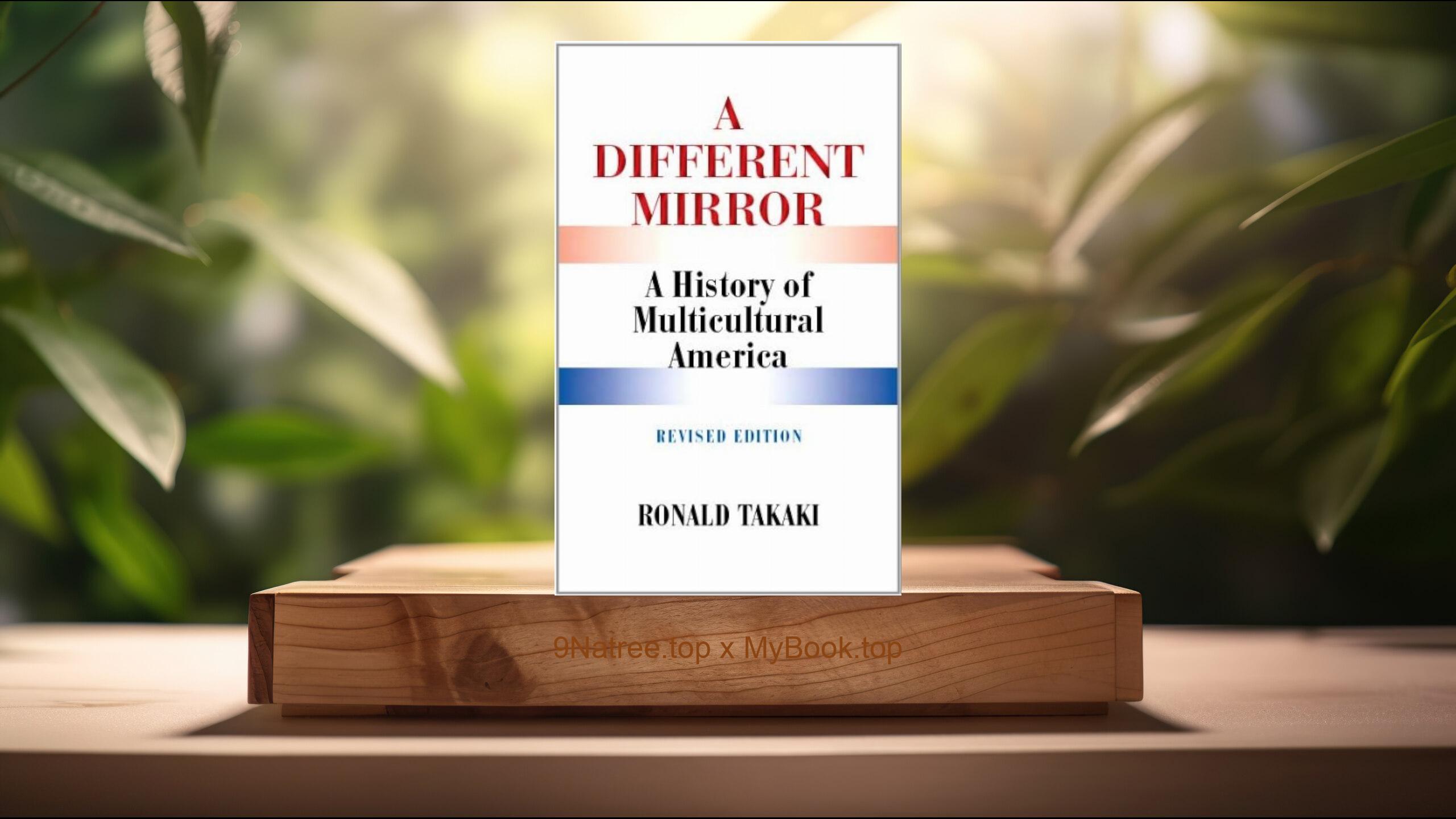Show Notes
- Amazon USA Store: https://www.amazon.com/dp/B07WVDFVJS?tag=9natree-20
- Amazon Worldwide Store: https://global.buys.trade/The-Lost-Family%3A-How-DNA-Testing-Is-Upending-Who-We-Are-Libby-Copeland.html
- Apple Books: https://books.apple.com/us/audiobook/the-lost-family-how-dna-testing-is-upending-who-we-are/id1646781798?itsct=books_box_link&itscg=30200&ls=1&at=1001l3bAw&ct=9natree
- eBay: https://www.ebay.com/sch/i.html?_nkw=The+Lost+Family+How+DNA+Testing+Is+Upending+Who+We+Are+Libby+Copeland+&mkcid=1&mkrid=711-53200-19255-0&siteid=0&campid=5339060787&customid=9natree&toolid=10001&mkevt=1
- Read more: https://mybook.top/read/B07WVDFVJS/
#DNAtesting #Geneticidentity #Familysecrets #Ethicaldilemmasinscience #Personalidentityevolution #TheLostFamily
These are takeaways from this book.
Firstly, The Emotional Impact of DNA Discoveries, One of the central themes in ‘The Lost Family’ is the emotional journey individuals experience when DNA test results are unexpectedly shocking or revelatory. Copeland shares stories of people who discover new siblings, learn about different biological parents, or uncover hidden family secrets. These discoveries often lead to complex emotions such as joy, betrayal, or even grief. the book meticulously examines how these revelations can redefine personal identities and alter family narratives. It discusses the support systems and coping mechanisms that some have in place, while others grapple with their newfound realities alone. The narrative also reflects on the long-term emotional impacts and the sometimes-permanent changes in relationships between family members.
Secondly, Ethical Considerations in Genetic Testing, Copeland’s book thoroughly addresses the ethical dilemmas posed by widespread access to genetic information. Questions are raised about privacy, consent, and the moral responsibility of DNA testing companies. Should companies share information with law enforcement? How should unexpected results be handled to minimize harm? ‘The Lost Family’ explores the cases where DNA results have led to legal and ethical complications, emphasizing the need for clear policies and regulations. It challenges readers to think critically about the boundaries of privacy in the age of genetic discovery and the responsibilities companies have to protect their customers’ genetic secrets while respecting their need for truthful discoveries.
Thirdly, The Science Behind DNA Testing, An essential focus of the book lies in demystifying the science and technology behind DNA testing. Copeland distills complex genetic concepts like autosomal tests and mitochondrial DNA into terms that are easily understandable by the general public. This section of the book also critically examines the accuracy and reliability of different DNA testing methods and the potential errors that can arise. The discussion extends to how these technologies work, their limitations, and the interpretation of results, providing a well-rounded understanding of what DNA tests can and cannot tell us about our heritage and health.
Fourthly, The Changing Concept of Family, ‘The Lost Family’ probes into how DNA testing is reshaping the concept of family in contemporary society. Traditional ideas about family bonds and lineage are being challenged and redefined through genetic discoveries. The book provides in-depth analysis of how families negotiate these new definitions and the dynamics that ensue. It discusses issues of acceptance, legitimacy, and the re-calibration of familial roles following surprising DNA results. Copeland illustrates these changes with compelling narratives that highlight the evolving nature of family ties in a genetic age, emphasizing the blend of biogenetic and social interpretations of family.
Lastly, Impact on Identity and Personal History, A significant portion of ‘The Lost Family’ explores how personal identities are transformed by DNA findings. Through various anecdotes, the book discusses how genetic information can affirm or contradict long-held beliefs about an individual's cultural, ethnic, and familial background. It questions the extent to which genetic details can dictate one’s identity and the psychological adjustments that may follow after learning one's true genetic makeup. Copeland capably captures the profound impact on personal history and self-understanding that these results can produce, including the empowerment, confusion, or existential crises that may develop.
![[Review] The Lost Family: How DNA Testing Is Upending Who We Are (Libby Copeland) Summarized](https://episodes.castos.com/660078c6833215-59505987/images/2055851/c1a-085k3-wwx3z49gs7px-ql38pz.jpg)




